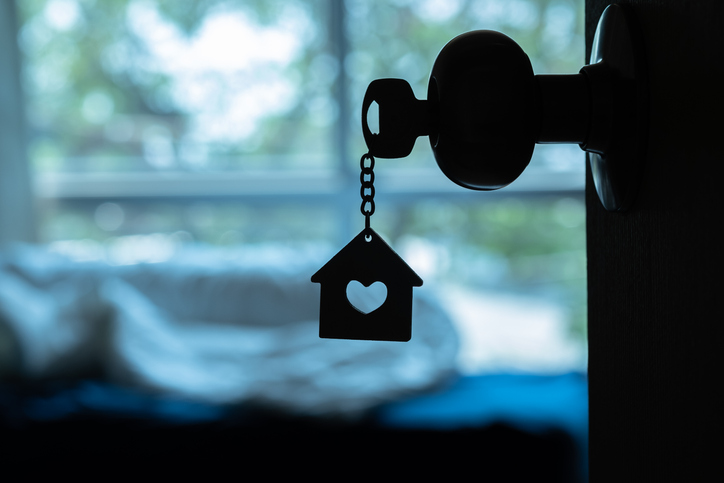Keeping a House After a Divorce Has Become More Feasible

Financial advisors in an average divorce case will frequently recommend against keeping the family home after the divorce. In many cases, it will be too much of a burden financially for one spouse to continue keeping up with all the costs of home ownership on just one income.
In recent years, however, holding on to the family home after a divorce has become a more affordable prospect, particularly with interest rates hovering around historical lows. Here’s a quick overview of what you should consider when deciding whether or not you’ll hold on to the family home.
- Monthly costs: What are the monthly costs you have to pay for the house? Include mortgage, property tax, maintenance, utilities and insurance.
- Future outlook: Consider what purchasing the house outright will do to your future financial picture. Is this a good investment, or will you come out underwater?
- Available capital: Do you have the savings that will allow you to put together a reasonable down payment? You should never, ever dip into your retirement savings or other such investment accounts just to purchase your home in the divorce—this jeopardizes your future financial picture in a big way.
- Mortgage prospects: Are you even going to be able to get a mortgage? Some lenders might not approve a spouse on their own, depending on how heavily they rely on alimony and child support. You may find it difficult to get ownership of the house even if you actually decide that’s the route you want to take.
For more information about what you should consider with regard to purchasing your family home after a divorce, contact an experienced Long Island divorce lawyer at Bryan L. Salamone & Associates.





